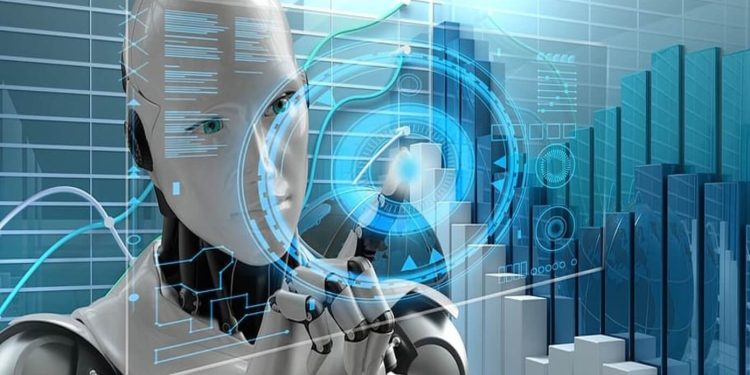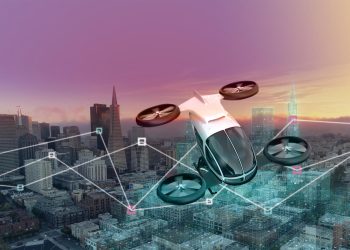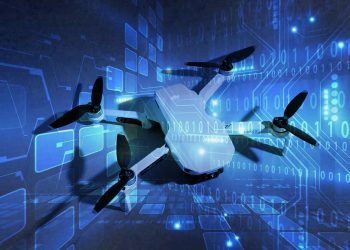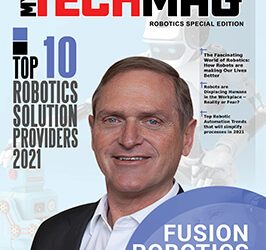Today, almost every business, be it big or small, is well acquainted with the integration of artificial intelligence and robotics. These modern technologies have become a game-changer in the world of business and are slowly entering the healthcare segment, which needs it the most.
In most of the cases, the healthcare industry was deprived of technological innovation. They lack digital innovation to serve the patients and multiply the care delivery process. However, the emergence of AI and robotic services have transformed this segment, resulting in significant improvements in patient care.
In short, these latest tools are remodeling the current operations of the healthcare industry. For instance, AI is speeding up the advances in drug research and discovery. It’s letting the doctors have a fast and better diagnosis. It’s enabling far greater efficiency in the medical processes.
Successful Use Cases of Modern Systems in Healthcare
Faster Diagnosis
As per the expert report, about 80% of health-related data is invisible to the existing systems resulting in misdiagnosis. And, this misdiagnosis was estimated to cause at least 80,000 deaths each year, resulting in the loss of billions of dollars. However, with the usage of cognitive technology, healthcare organizations can unravel a massive collection of medical data and control diagnosis without any error.
These tools can both store and review multiple healthcare information such as symptoms, medical journals, and case studies of patient’s treatment and response faster than the human brain. Besides, one can trust its decisions as it is evidence-based, which enables rapid analysis and reduces misdiagnosis.
Detect Diseases in Early Stage
Artificial intelligence is used to detect diseases in their early stage with more accuracy. According to the American Cancer Society, around 12.1 million mammograms were performed every year in the US, where a large number of it contained false results. With the usage of AI tools, hospitals are capable of reducing this issue with 99% accuracy and translating the mammogram 30 times faster than humans.
Some of the healthcare organization also uses consumer wearable and other medical AI devices to detect early-stage heart disease, and thereby letting the doctor cure the potentially life-threatening episodes at a treatable stage. Besides, Microsoft is developing tools to use at a molecular level and fight cancerous cells as soon as they are noticed.
Simplify the Decision-Making Process
The appropriate and timely decision supports clinical decision-making and prioritizes their tasks. AI and robotic technology are beginning to take care of this aspect with supreme accuracy. These tools use pattern recognition to help doctors identify patients at risk and treat them accordingly.
For example, PwC’s Bodylogical gathers interpretation in mechanistic modeling to represent the physiology of the human body in a digital format. Using the true-life simulation, healthcare professionals can predict the likely progression of chronic diseases in the future. Similarly, VitreosHealth has built a predictive analytics platform that implements a change protocol to prevent upcoming health issues of the people based on their existing reports.
Comprehensive Treatment Program
AI and robotics help clinicians to come up with a more detailed approach for disease management and help the patients comply with treatment programs. IBM’s Watson for Oncology analyses the patient’s report and provides treatment recommendations quickly. This tool is used by 21 hospitals around the world, including China, India, and Thailand.
Experts have also designed robots for clinical use today, which are known to perform a wide range of healthcare-related tasks. From laboratory robots to surgical robots, they aid doctors in handling crucial medical reports. KASPAR is a humanoid robot that assists both the parents and the teachers in supporting the kid with autism. Veebot is another powerful robot that can draw blood faster and safer than humans.
Conclusion
Healthcare is transforming with AI and robotics technologies, which has the potential to make the process better and faster for all. And how we embrace this advancement to enhance current healthcare services will define our knack of delivering more responsive health service in the future.







